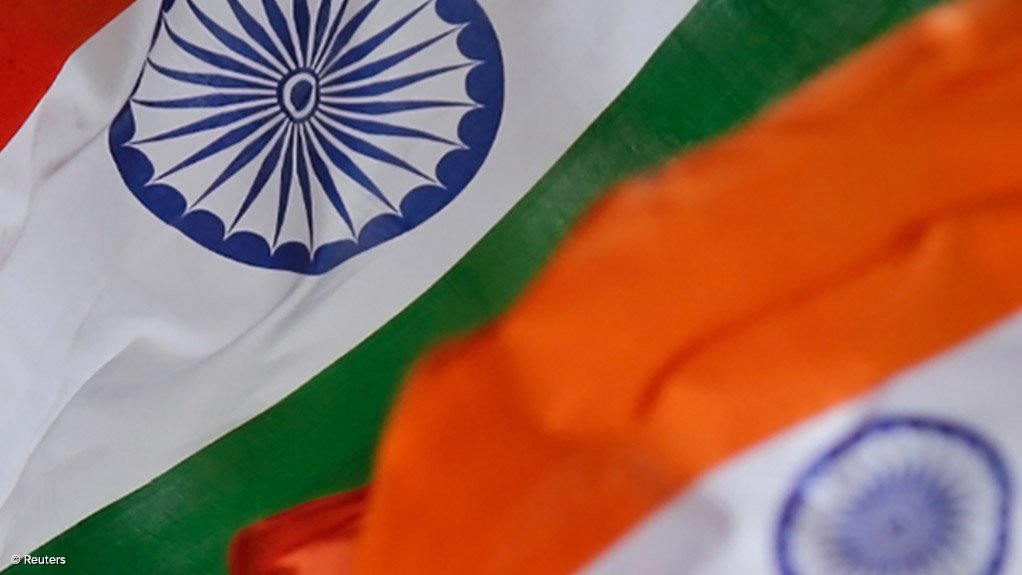KOLKATA (miningweekly.com) - India is readying to go into diplomatic overdrive with South Africa to get the next round of negotiations on a preferential trade agreement (PTA) going by December 2015.
According to a senior government official, a series of initiatives have been lined up following Indian External Affairs Minister Sushma Swaraj’s Durban visit last month, during which he was personally invited by South Africa President Jacob Zuma to attend the India-Africa Summit scheduled to be held in New Delhi in October.
He said that a summit meeting between India and South Africa would ideally open up opportunities to lay down the groundwork for taking bilateral economic cooperation between the two countries to the next level, including giving a push to the protracted PTA negotiations.
Towards this goal, a joint working group of government representatives of the two countries on trade and economic affairs would be set up, he said.
The working group would lay down the road map for cooperation in the already identified areas of mining and minerals, deep-sea mining, science and technology, and agriculture.
More importantly, it had been decided that all joint bilateral fora, including the newly established working group, would work towards achieving result-oriented decisions within a five-year strategic framework.
The most critical element of the working group would be to kick-start India-South Africa negotiations on a PTA, which has been a "work in progress for the last seven years", the official said.
It was learnt that while the South African government had sought early resumption of talks on a PTA, Indian counterparts had conveyed that a December deadline for the negotiations could be set in the wake of the South African President’s visit for which substantial groundwork would already have been done.
The next round of PTA negotiations was expected to focus on a predetermined number of products which could be put under a preferential trade and tariff regime. However, from the Indian perspective the South African government would have to take a lead in tackling apprehensions that the PTA would have a negative impact on local industries as expressed by members of South African Customs Union.
For their part, South African officials had expressed reservations on the level of access to Indian markets considering the vast number of Indian provinces and the plethora of provincial-level tariff and nontariff barriers to trade at the local level.
To address this, the Indian government had announced that provincial levies acting as trade barriers would be suitably addressed by the Goods and Services Tax (GST), which the Indian government expected to implement within the next few years.
The GST is the federal government's biggest tax reform initiative, with all indirect federal and provincial level taxes to be replaced with a single national tax on goods and services.
EMAIL THIS ARTICLE SAVE THIS ARTICLE
To subscribe email subscriptions@creamermedia.co.za or click here
To advertise email advertising@creamermedia.co.za or click here











